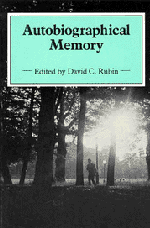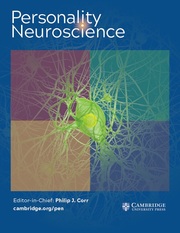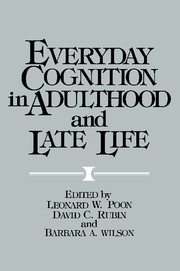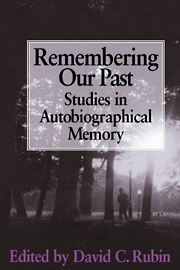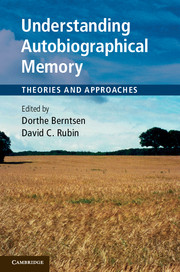Autobiographical Memory
Autobiographical memory is a major form of human memory. it is the basis of most psycotherapies, an important repository of legal, historical, and literary information, and, in some views, the source of the concept of self. When it fails, it is the focus of serious complaints in many neurological disorders. This timely book brings together and integrates the best contemporary work on the cognitive psychology of autobiographical memory. Introductory chapters place the study of autobiographical memory in its historical, methodological, and theoretical contexts; chapters reporting original research probe the recollections people have for substantial portions of their lives. Topics include the schematic and temporal organization of autobiographical memory, the temporal distribution of autobiographical memories, and the failures of autobiographical memory in various forms of amnesia. Autobiographical Memory constitutes the first tutorial in this exciting new area of research. Cognitive psychologists, clinicians, researchers in artificial intelligence, and their students - indeed, anyone interested in the processes that preserve and distort autobiography - will find it a useful resource.
Reviews & endorsements
"...the writing is crisp and the ideas exciting...an important book..." Choice
Product details
August 1988Paperback
9780521368506
312 pages
228 × 152 × 23 mm
0.463kg
Available
Table of Contents
- List of contributors
- Preface
- Part I. Overview:
- 1. Introduction David C. Rubin
- Part II. Historical, Theoretical, and Methodological Contexts for the Study of Autobiographical Memory:
- 2. Autobiographical memory: a historical prologue John A. Robinson
- 3. What is autobiographical memory? William F. Brewer
- 4. Ways of searching and the contents of memory Marigold Linton
- Part III. The General Organization of Autobiographical Memory:
- 5. Nested structure in autobiographical memory Ulric Neisser
- 6. Schematization of autobiographical memory Craig R. Barclay
- 7. Strategic memory search processes Brian J. Reiser, John B. Black and Peter Kalamarides
- 8. Autobiographical memory: a developmental perspective Joseph M. Fitzgerald
- Part IV. The Temporal Organization of Autobiographical Memory:
- 9. Public memories and their personal context Norman R. Brown, Steven K. Shevell and Lance J. Rips
- 10. Temporal references systems and autobiographical memory John A. Robinson
- Part V. Temporal Distributions of Autobiographical Memories:
- 11. Childhood amnesia: an empirical demonstration Scott E. Wetzler and John A. Sweeney
- 12. Autobiographical memory across the lifespan David C. Rubin, Scott E. Wetzler and Robert D. Nebes
- Part VI. Failures of Autobiographical Memory:
- 13. Amnesia, autobiographical memory, and confabulation Alan Baddeley and Barbara Wilson
- 14. A case study of the forgetting of autobiographical knowledge: implications for the study of retrograde amnesia Nelson Butters and Laird S. Cermak
- 15. Loss and recovery of autobiographical memory after head injury Herbert F. Crovitz
- Author index
- Subject index.

